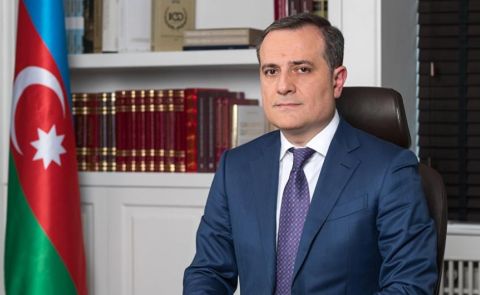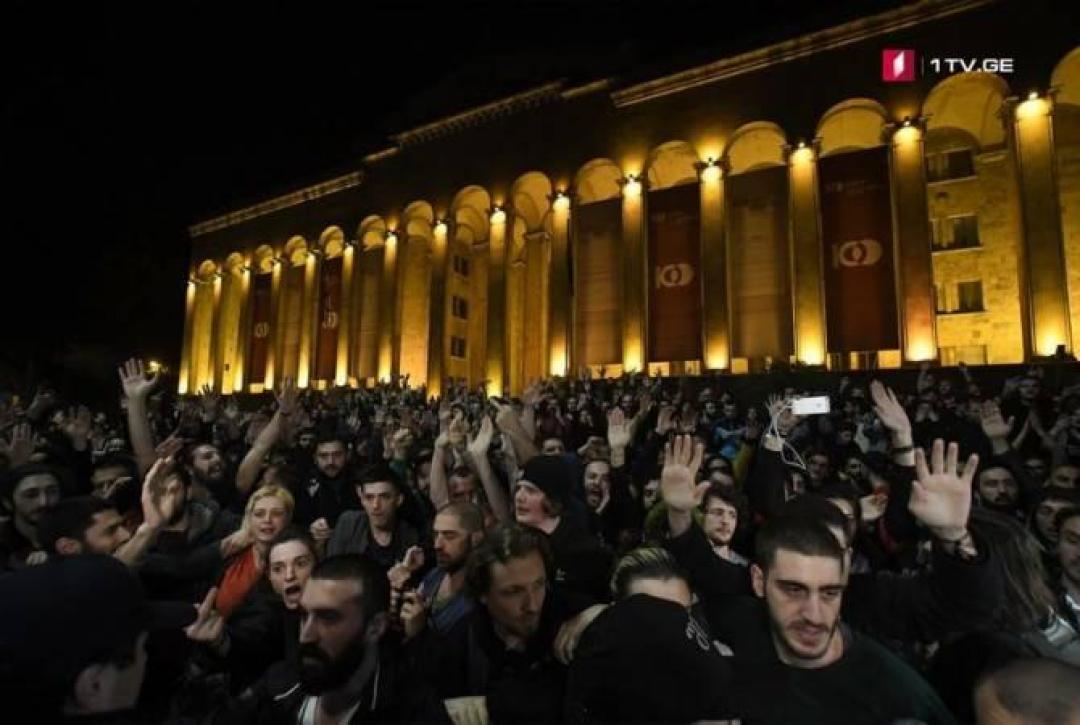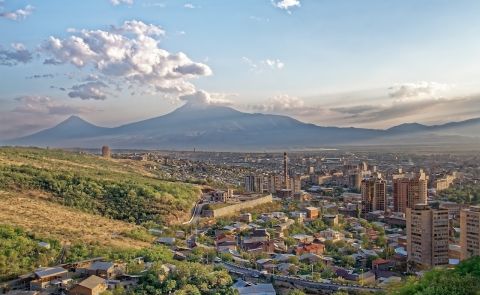
Violence Escalates in Georgia as Police Crack Down on Opposition Parties and Activists

On December 4–5, police conducted searches of opposition party offices and activists' homes, resulting in the detention of seven individuals. Ukrainian President Volodymyr Zelenskyy and US Secretary of State Antony Blinken condemned Georgia’s government for escalating violence against protesters.
During the December 4 searches, police entered opposition party offices and activists' homes, often without presenting court warrants or witnesses. Authorities cited an "urgent investigative requirement" to justify their actions. Equipment and other items were seized, and seven individuals were charged with organizing and participating in group violence—offenses punishable by up to nine years in prison. Teimuraz Kupatadze, Head of the Central Criminal Police Department, stated that the investigation was linked to protests beginning on November 28, which escalated into "violent and organized actions" that injured over 150 police officers and several civilians.
Kupatadze reported that the searches targeted six individuals' homes and the offices of opposition parties Droa, Girchi – More Freedom, Unity-UNM, and the civil movement Jiutebi. He noted that the investigation also addressed offenses under Articles 187 and 353′ of the Georgian Criminal Code, concerning property damage and assaults on police officers, which had already led to six detentions. "The investigation is continuing to identify and apprehend all those responsible for these crimes," Kupatadze emphasized, vowing legal action against unlawful acts.
Ukrainian President Volodymyr Zelenskyy accused Georgia's government of aligning with Russia and suppressing its citizens, calling the situation "shameful." On December 4, he announced Ukraine’s intent to impose sanctions on Georgia’s government and urged international partners to take decisive action. "We must stand together to defend against Moscow," Zelenskyy declared, adding that he had signed a decree sanctioning 19 individuals connected to Georgia’s leadership.
The following day, US Secretary of State Antony Blinken condemned the Georgian Dream party’s violence against protesters and opposition figures. He warned of additional sanctions, asserting that the US would hold accountable those undermining democratic processes in Georgia. "The United States strongly condemns the Georgian Dream party’s brutal and unjustified violence," he said, urging the ruling party to cease repressive tactics.
On December 5, Ukraine imposed sanctions on Georgian oligarch Bidzina Ivanishvili and his associates, whom Zelenskyy accused of "selling out the interests of Georgia." He called on global partners to act decisively, warning of lasting consequences if the situation remained unaddressed.
Meanwhile, Georgia’s Special Investigation Service announced ongoing investigations into allegations of abuse of power, violence, and interference with journalists during the protests. The agency reported receiving 319 complaints, stating that over 140 individuals, including journalists and detainees, had been examined, and hundreds of hours of footage were under review.
Protests led by older citizens, including grandparents, were held outside the Georgian Parliament on December 5, condemning the violence against young demonstrators. Opposition parties—Coalition for Change, Strong Georgia, Gakharia for Georgia, and Unity-UNM—formed a joint opposition information center to provide updates on their actions.
Zurab Japaridze, a leader of the Coalition for Change, criticized the December 4 police raids, claiming confiscated items were falsely linked to violence. He called for the release of detainees, some of whom were moved outside Tbilisi due to overcrowded detention centers. Opposition leaders pledged to challenge the government and push for new elections, with Levan Tsutskiridze of Strong Georgia urging law enforcement not to carry out "illegal orders" from the regime.
See Also


Nordic-Baltic Delegation Meets Armenian Leaders to Discuss Regional Cooperation and Peace

Azerbaijan Strengthens Energy Partnerships with Multiple Countries

BP Strengthens Presence in Azerbaijan’s Offshore Energy Sector

Netanyahu’s Letter to Aliyev: Mutual Trust, Solidarity Following Hamas Attacks, Facilitating Dialogue Between Israel and Türkiye

